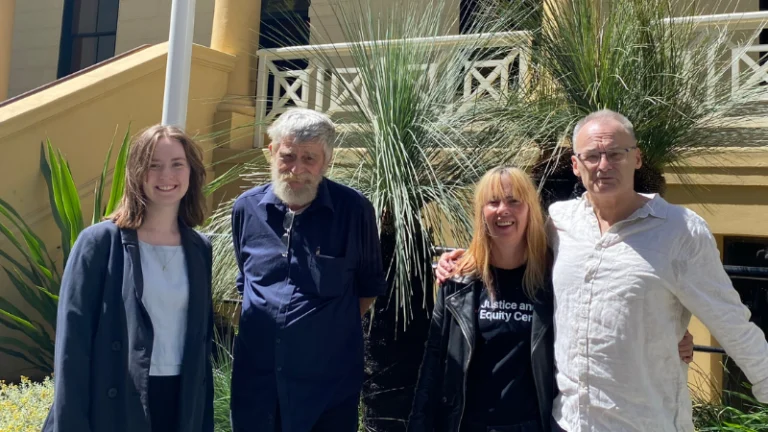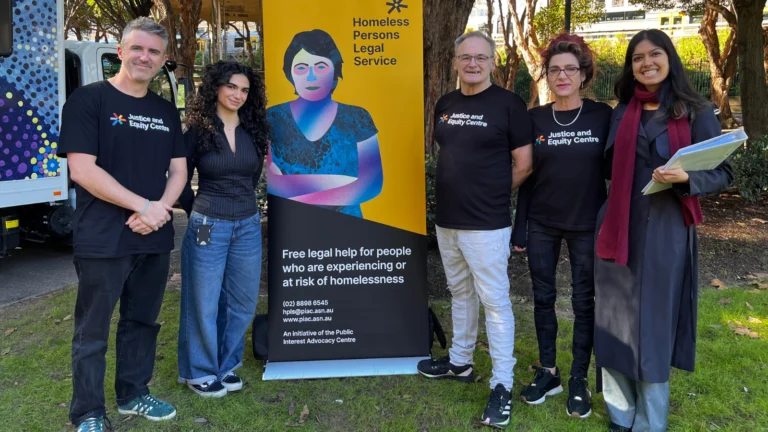PIAC has welcomed the Law Enforcement Conduct Commission’s (LECC) report into use of the Suspect Targeting Management Plan on children and young people, and called for extensive changes to the STMP policing practices.
The STMP is a secret NSW Police policy that is used by police to target young individuals. The LECC’s investigation was launched following a report by the Youth Justice Coalition on the STMP, authored by Camilla Pandolfini and Vicki Sentas, published in October 2017.
‘The LECC’s findings confirm what we are hearing from young people on STMPs: police are overwhelmingly using it as a tool to harass and surveil young people,’ said Camilla Pandolfini, PIAC’s Principal Solicitor.
The LECC investigation ‘showed patterns of targeting that appear to have led to unreasonable, unjust and oppressive interactions for young STMP targets’, and revealed that:
- STMP practices disproportionately affect Aboriginal and Torres Strait Islander young persons,
- the ‘overt and intrusive policing tactics’ resulted in ‘apparently unreasonable surveillance and monitoring of children and young people’;
- officers use a person’s STMP status as a basis for ongoing and repeated stops, searches or visits to the young person’s home, in lieu of legislative or court ordered frameworks;
- the target identification and risk assessment process may have introduced unacceptable risks of bias; and
- the NSW Police Force did not undertake evidence-based evaluations to assess the success, or otherwise, of the STMP on an individual. (Operation Tepito Interim Report, page 11.)
‘In some cases young children have been targeted with these invasive policing strategies even though they haven’t been charged with any crimes – but in fact are known to police as being the victims of crime or children at risk,’ said Camilla Pandolfini.
‘Exposing these children to even more interactions with police and the criminal justice system has a serious negative impact on the young person and runs counter to the efforts that are being made to divert young people from the criminal justice system.’
‘We continue to have serious concerns about the lawfulness of these proactive policing measures, particularly seemingly arbitrary ‘home visits’. This policing practice has no lawful basis and should be ceased immediately.’
There are also grave questions raised by the LECC report about the lack of transparency about placement on an STMP.
‘All policy and practice guidelines relating to the use of the STMP need to be made public for rigorous scrutiny,’ said Camilla Pandolfini.
For more information about the STMP, including case studies, see PIAC and the Youth Justice Coalition’s report on the STMP (2017).
Media contact: PIAC Media and Communications Manager, Gemma Pearce – 0478 739 280


